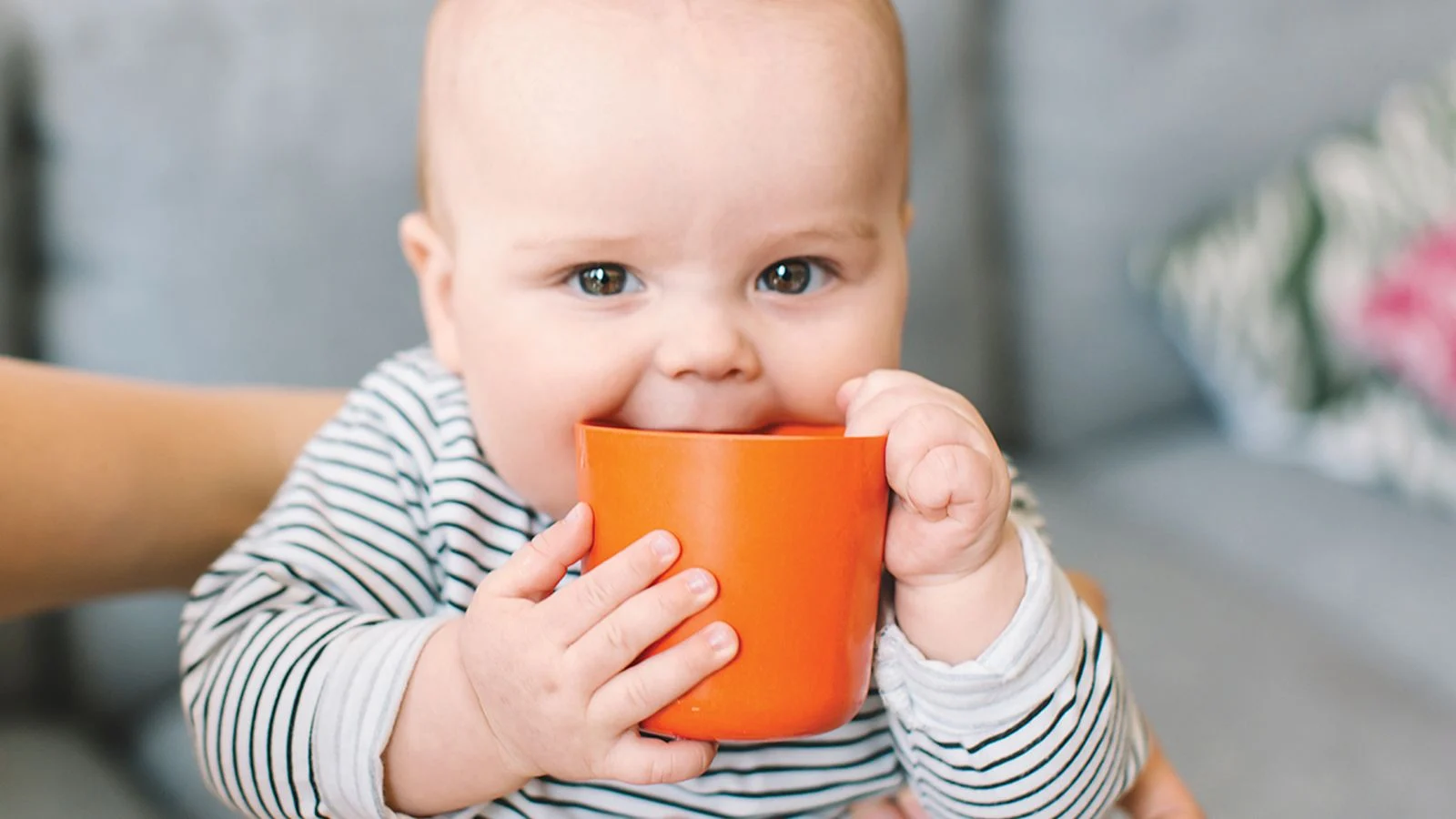As a new parent, it’s natural to want to provide your little one with everything they need to grow healthy and strong. One question that often comes up is when babies can start drinking water. While water is an essential nutrient for everyone, babies have unique needs, and it’s important to understand when and how to introduce it to their diet.
After six months, when your baby starts eating solid foods, you can start offering them small amounts of water. It’s important to note that breast milk or formula should still be the primary source of nutrition for babies until they are at least 12 months old. Water should be offered in addition to breast milk or formula, not as a replacement.
- When offering water to your baby, it’s important to do so in a safe and appropriate manner. Here are a few tips to keep in mind:
- Use a clean, sterile cup or bottle: If you’re using a bottle, make sure it’s BPA-free and has a slow-flow nipple to prevent your baby from drinking too much too quickly.
- Offer small amounts: Start with just a few sips of water at a time, and gradually increase the amount as your baby gets older and more accustomed to drinking water.
- Offer water with meals: Offer water to your baby during meals, as this can help them learn to associate thirst with drinking water.
- Avoid flavored waters: Flavored waters, including those marketed for babies, can contain added sugars and other additives that are not necessary for your baby’s diet.
- Pay attention to cues: Watch for signs of thirst, such as dry lips or mouth, and offer water when needed.
In conclusion, babies don’t need water before six months of age, and offering water before that can be harmful. After six months, you can start offering small amounts of water in addition to breast milk or formula, but it should not replace them as the primary source of nutrition. Always offer water in a safe and appropriate manner, and pay attention to your baby’s cues for thirst. By following these guidelines, you can help ensure that your baby stays healthy and hydrated as they grow and develop.

